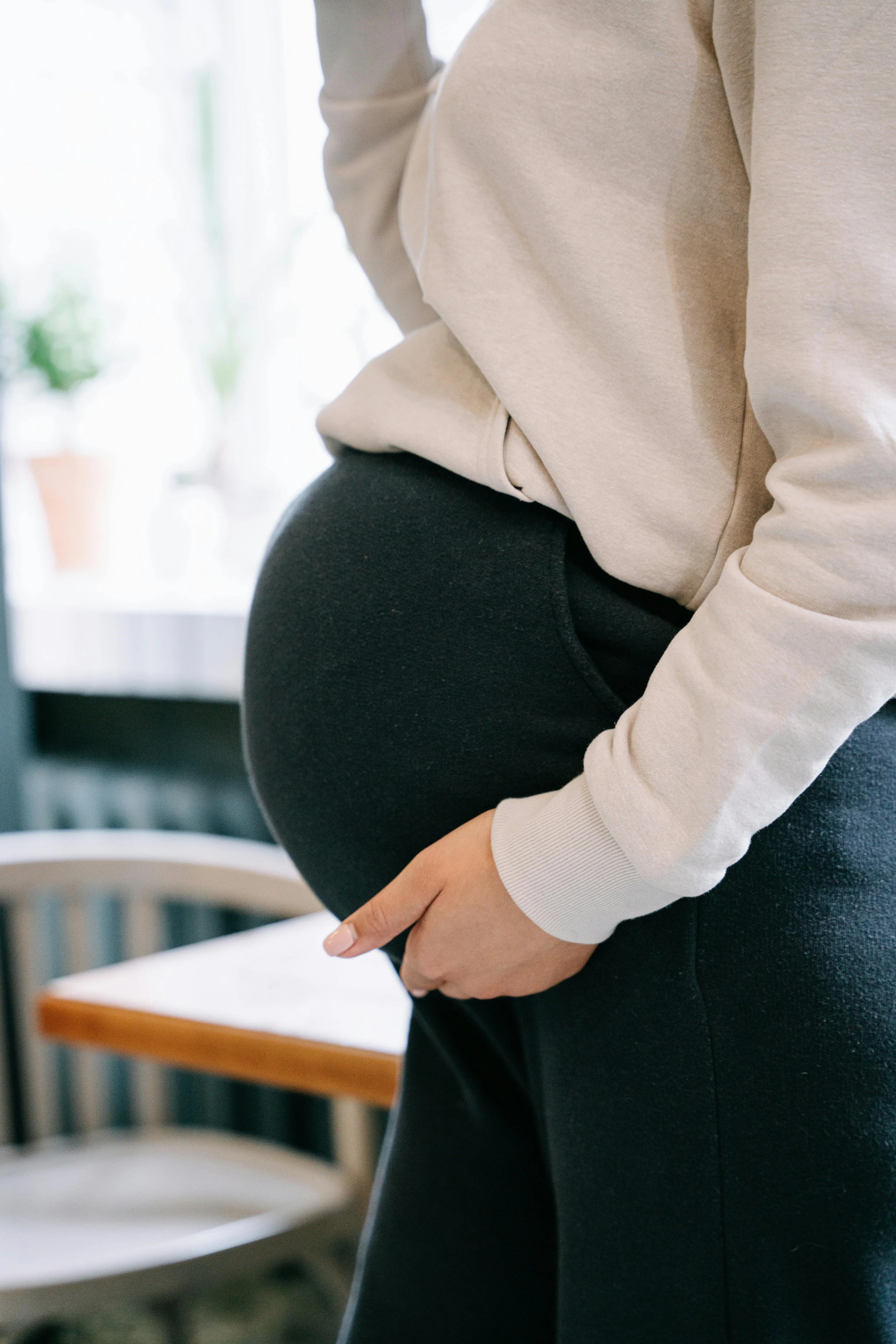IVF Alternatives- A Holistic View
With fertility rates dropping worldwide more and more couples are turning to IVF or other costly measures to try to conceive. But what if there was a lifestyle component that could give you your power back? By reducing exposures to environmental toxins you’ll find that not only are you not broken but the primary tools to optimize your TTC path are in your own hands.
Why There’s A Rise In IVF & Other Fertility Treatments
Since the 1908’s fertility has dropped 50% worldwide.
Sperm counts & testosterone levels have declined and resulted in men having only half the number of sperm that his grandfather had.
Women’s production of healthy eggs continues to decline and the experience of miscarriage is much higher.
Of course couples wanting to build a family seek out the medical interventions necessary to become pregnant, but infertility is a very layered topic and doctors are often not privy to all the reasons why fertility rates are dropping so quickly. And environmental toxins’ impact on infertility often gets missed. After all, what is actually impacting sperm and egg quality and all the other nuanced reproductive challenges we see in in infertility?
Let’s look at a few examples of toxicants that we are increasingly exposed to and their impact on fertility (see Glossary):
EDC (endocrine disrupting chemicals): these chemicals are found in our drinking water, beauty products, & food. They directly impact fertility by affecting sperm & egg quality, implantation, and reproductive health overall.
PFAS (“forever chemicals”): found in our drinking water, clothing, carpets, & cookware. They impact fertility by reducing the likelihood of becoming pregnant, cause hormone disruption, as well as affect egg & sperm quality.
Heavy metals such as lead, mercury, arsenic, & cadmium: found in our staple foods, beauty products, and dishes. They directly cause male and female infertility by impacting sperm quality, hormone disruption, testicular damage, and less ovary reserve.
Pesticides/Herbicides like glyphosate & atrazine: found in our drinking water and our staple foods. Glyphosate causes hormone disruption and damage to the uterus & ovaries. Atrazine is sprayed on sugarcane & corn and reduces sperm quality.
The Whole Truth About Infertility
When it comes to infertility, knowledge is power-and the costs couldn’t be higher! Every couple is unique but the most holistic approach to infertility includes the following components:
Toxin Burden: over time we accumulate toxins that create a burden on the body. Doing a “total tox burden test” with an alternative practitioner can give insight into your unique challenges related to infertility and toxicant levels.
Detox: considering a detox from toxicants before conception can clean up the growing environment for a baby and a sustained pregnancy. Detox can optimize conception, healthy pregnancy, and unlock the body’s natural ability to detox and optimize every system in the body to function at it’s best.
Nutrition & Labs: whether you embark on a detox or not there may be nutritional deficiencies compounding infertility. Nutrition is needed for best fertility outcomes so getting labwork beyond just hormone markers is key.
Reducing Toxin Burden: when reversing infertility it is paramount that you reduce overall toxicant exposure from the source. Because if you measure your toxin burden, do a detox, and then continue with the same levels of exposure the body may not be able to reset or adapt to new fertility outcomes. And that’s where we come in!
Practicing integrative nontoxic living to reduce your toxic burden is a transformative part of reversing infertility. Fertility treatments can be very costly, of narrow scope, and without any guarantee. So the components above are an opportunity for couples to improve their reproductive health in partnership, at a reduced cost. AHH is here to highlight nontoxic living practices for anyone’s TTC journey, one small change at a time.
How To Avoid Toxins & Improve Fertility
As chemicals continue to be been dumped into our water, air, and soil at an alarming rate we can opt for safer purchases to reduce our exposures. Here are 4 ways to reverse infertility through what you consume and buy:
Choose a good RO water filter to remove chemicals like EDC’s, phthalates, PFAS, heavy metals, and pesticides.
Avoid synthetic “fragrance” in personal care and around the home. Start to learn about EDC’s hiding under the phrase "fragrance” & choose items with 100% essential oils instead.
Upgrade to PFAS-free cookware and be aware of greenwashing as you shop. Choose true stainless, carbon steel, or cast iron.
Keep the “Clean Fifteen” & “Dirty Dozen” produce list on your phone, or opt for organic produce to reduce exposure to pesticides & herbicides that impact fertility.



